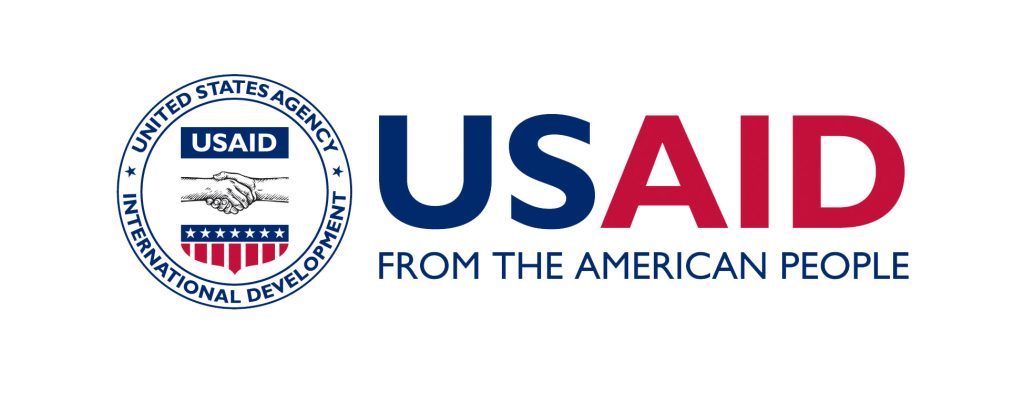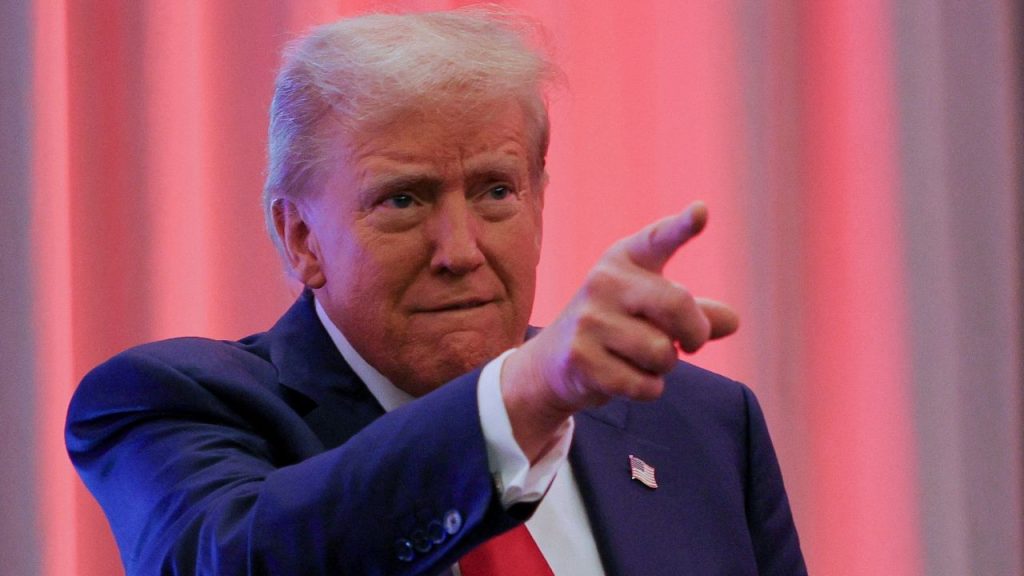The United States Secretary of State, Marco Rubio, announced a significant reduction in US foreign aid programs. He stated on Monday that the US would cancel 83% of programs at the United States Agency for International Development (USAID).
President Donald Trump signed an executive order in January to freeze all foreign aid. The order aimed to assess overseas spending and eliminate programs not aligned with his “America First” agenda.
Trump’s Executive Order Leads to Massive Aid Cuts
Rubio confirmed the decision after a six-week review of foreign aid expenditures. He announced the cancellations on social media platform X, formerly Twitter.
“The 5,200 cancelled contracts spent tens of billions of dollars. Many of these programs failed to serve US national interests. Some even harmed them,” Rubio wrote.
USAID Faces Historic Funding Reductions
USAID plays a crucial role in distributing US humanitarian aid. The agency operates health and emergency programs in nearly 120 countries worldwide.
The State Department, which oversees USAID, had already signaled a 92% budget cut. On February 26, it identified 5,800 grants set for elimination.
Elon Musk’s Role in Cost-Cutting Measures
Rubio thanked the Department of Government Efficiency for assisting in this process. Billionaire Elon Musk leads this department’s cost-cutting efforts across US government agencies.
The Trump administration and its allies believe foreign aid is wasteful. They argue that US taxpayers should not fund programs that do not directly benefit the country.
Aid Groups Warn of Consequences
Aid organizations strongly oppose these cuts. They argue that foreign assistance supports US interests by promoting global stability and improving public health.
Many organizations warn that these reductions threaten the lives of vulnerable populations. The cuts could cause significant humanitarian crises in low-income countries.
Global Health Organizations Express Concern
Since Trump’s executive order to freeze international funding, major organizations have voiced their concerns.
The World Health Organization (WHO) and the United Nations (UN) expressed regret over the decision. They urged the US to reconsider the cuts.
The UN further warned that millions more people could die from AIDS due to reduced international funding. These cuts could devastate HIV treatment programs worldwide.
Nigerian Government Vows to Strengthen Domestic Health Funding
Despite the cuts, the Federal Government of Nigeria remains committed to sustaining HIV response programs.
Officials have pledged to strengthen domestic funding for public health initiatives. They aim to reduce dependency on foreign aid and ensure continuity in healthcare services.
By increasing local investments, Nigeria hopes to protect vulnerable populations from the impact of the global aid reductions.












